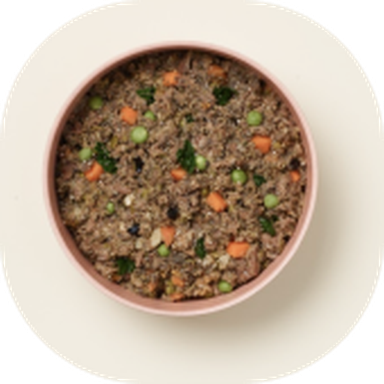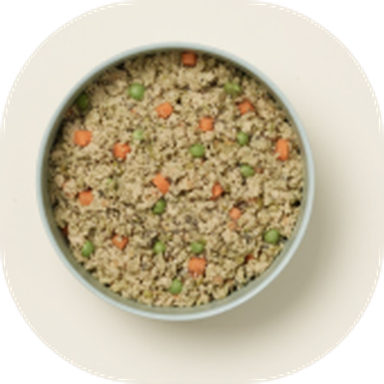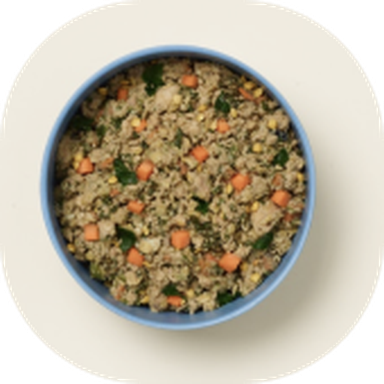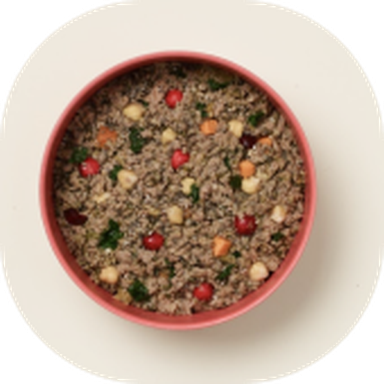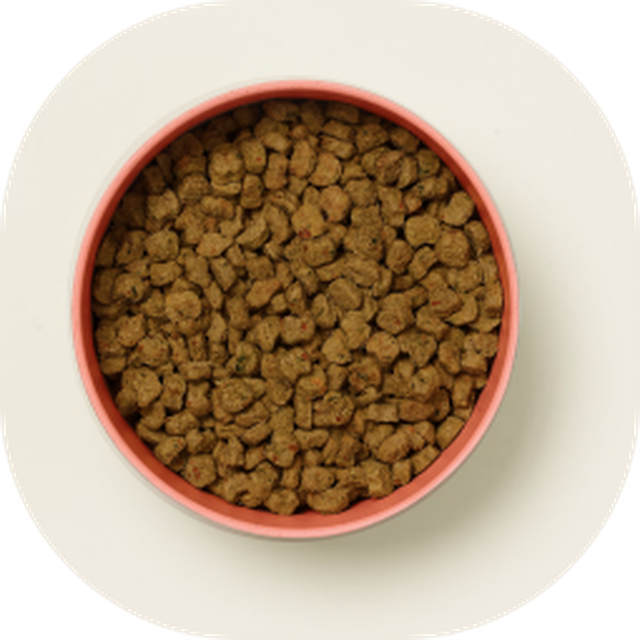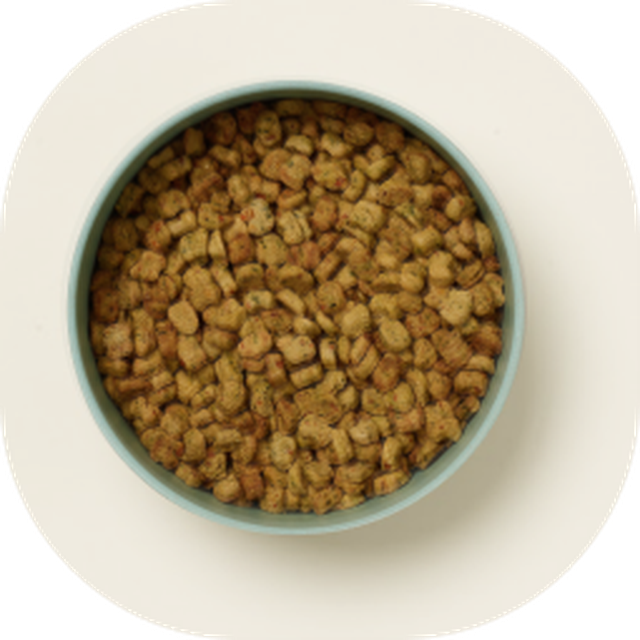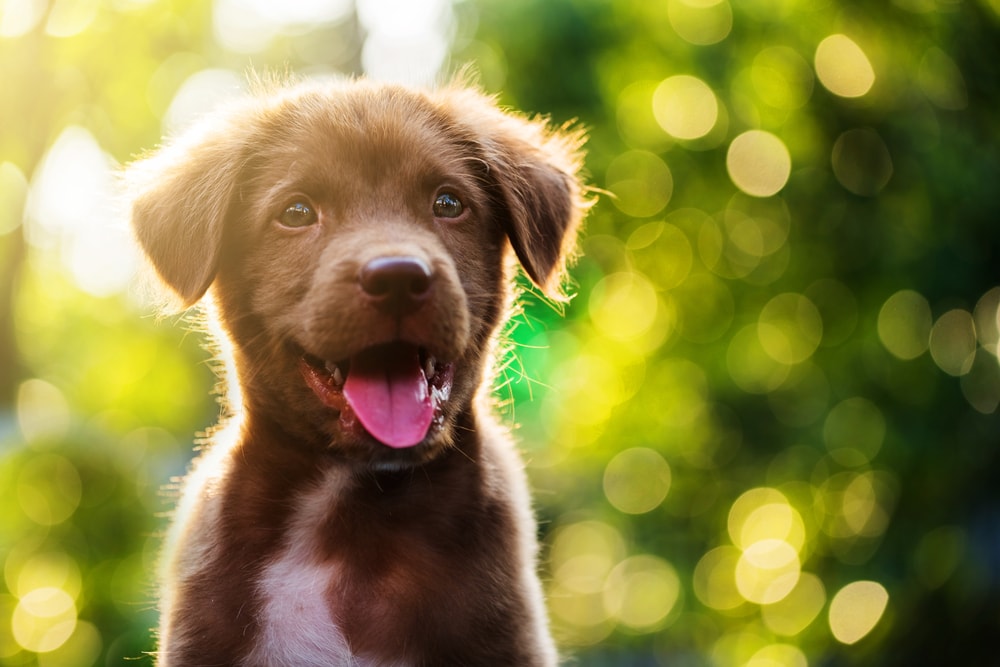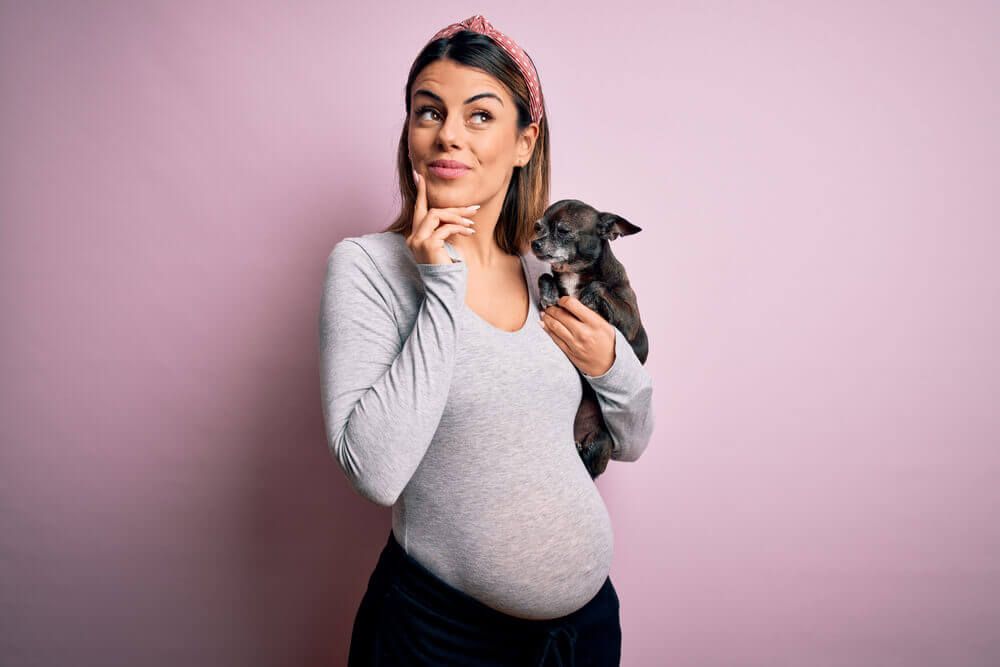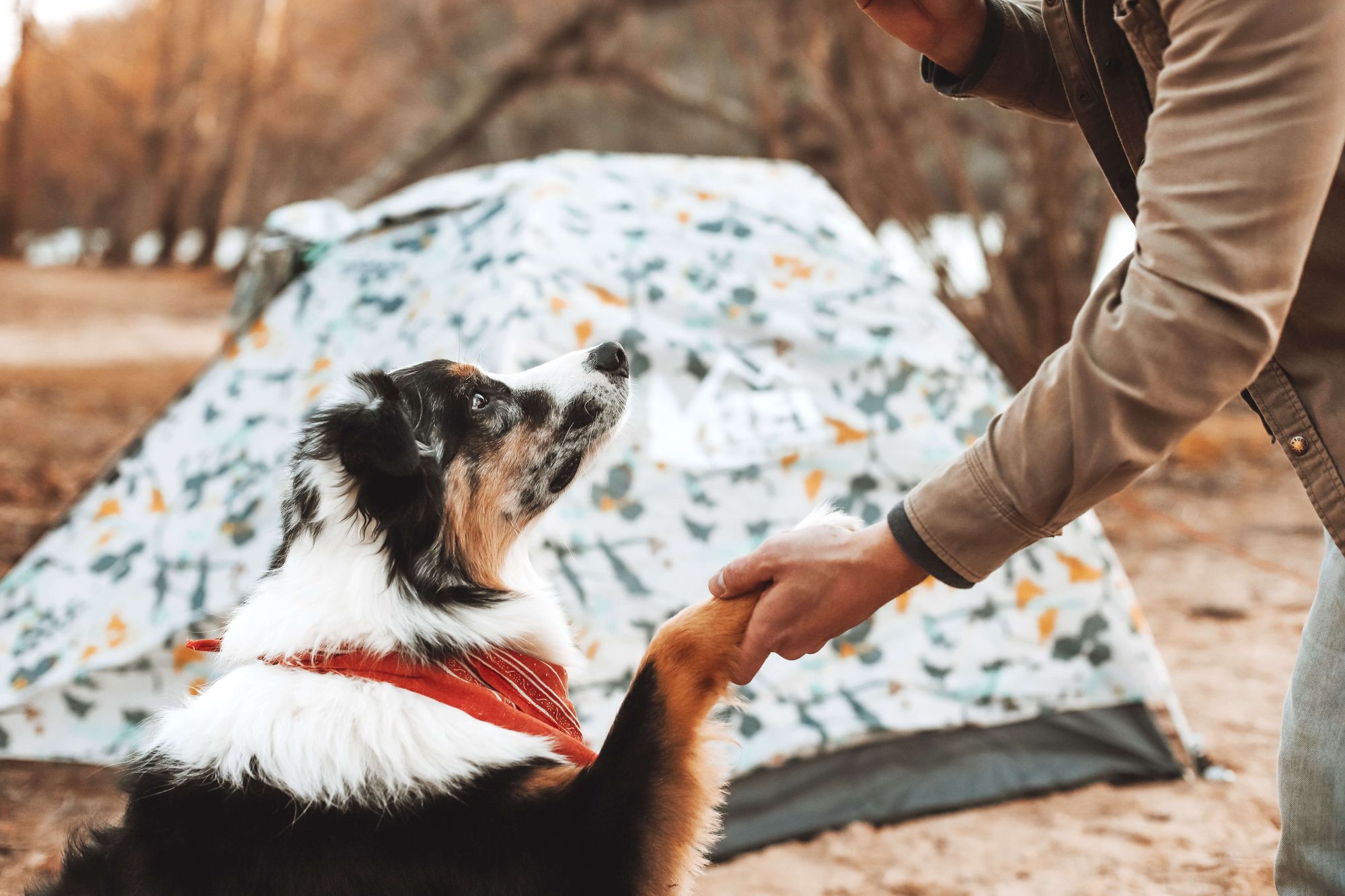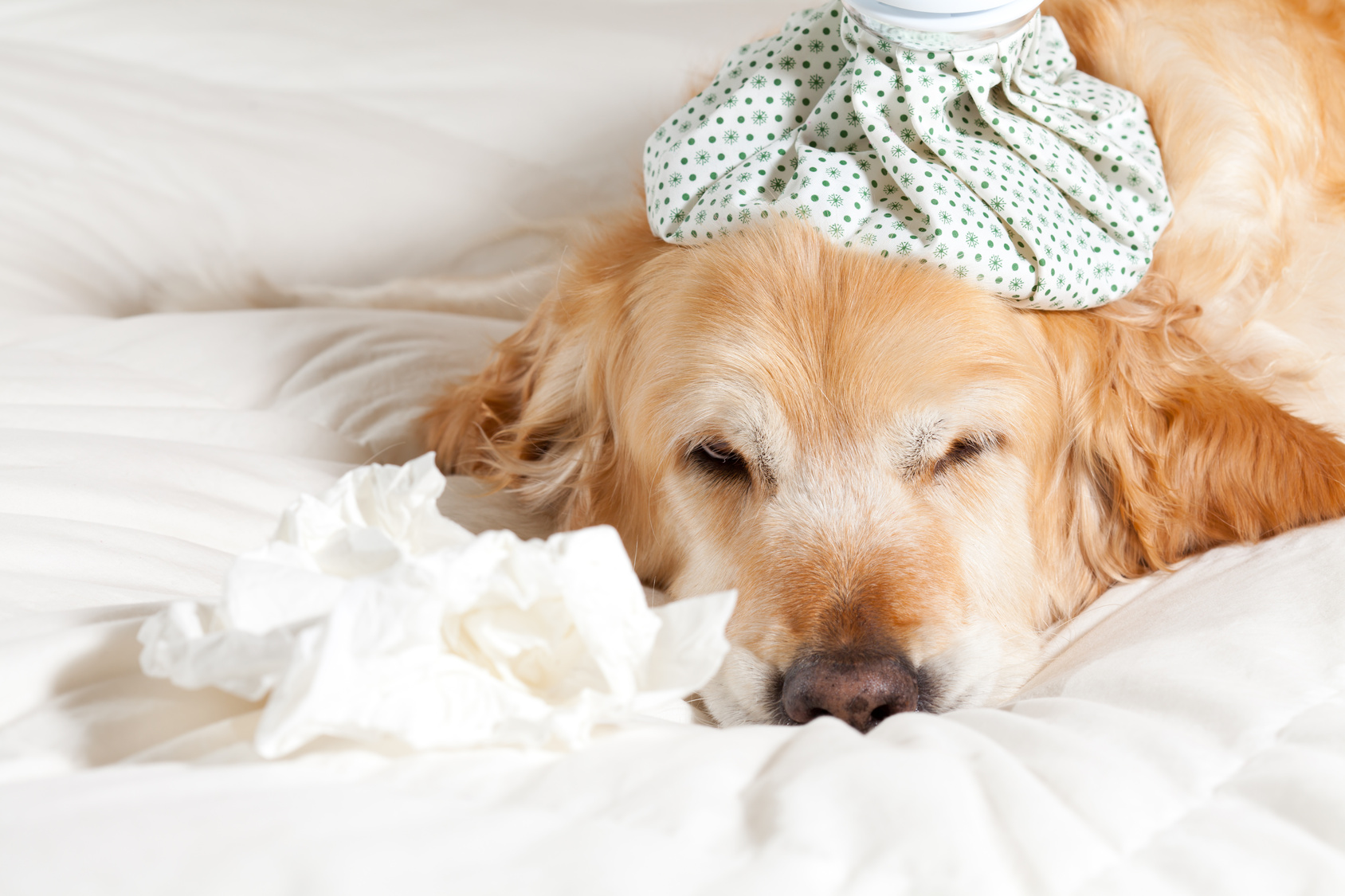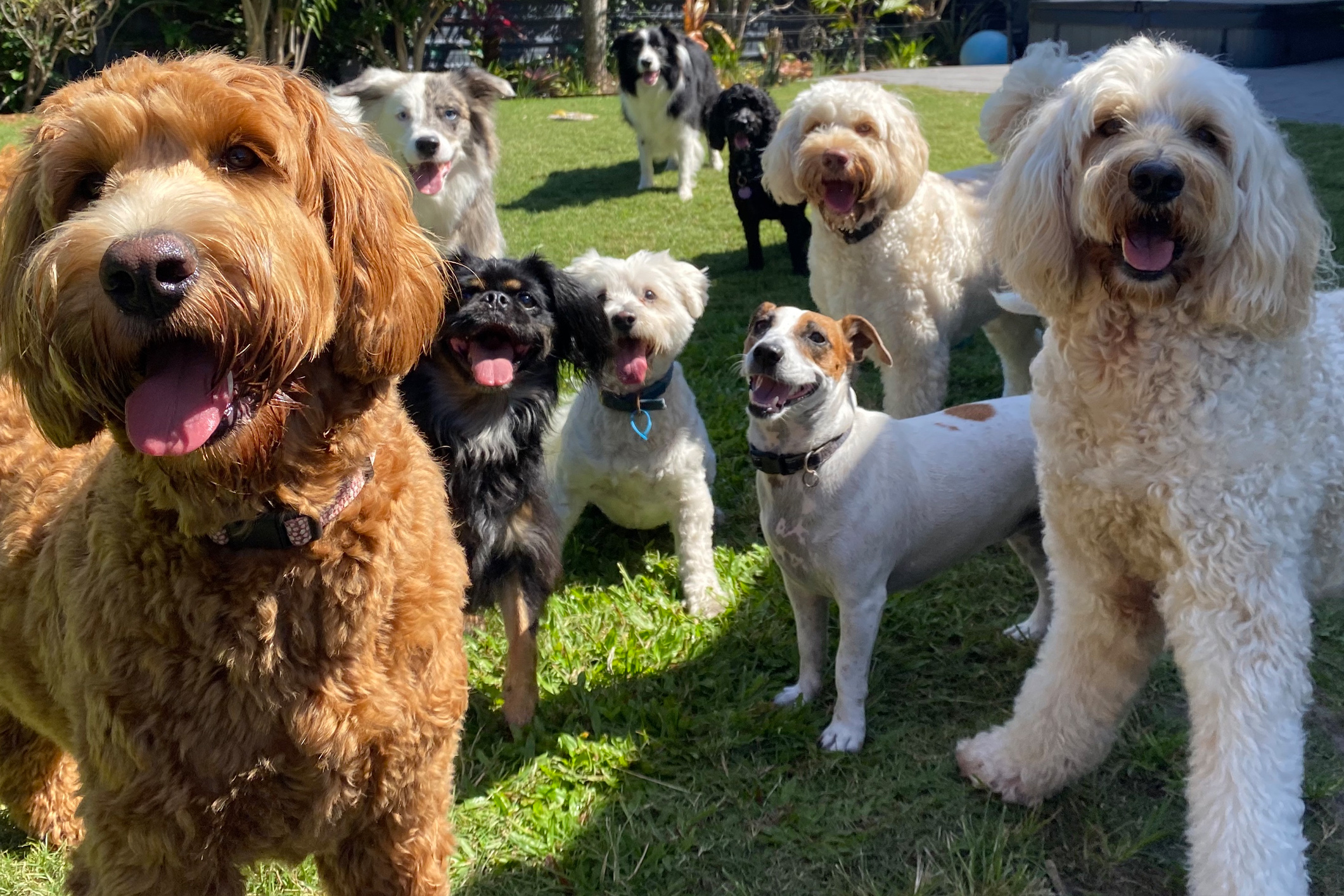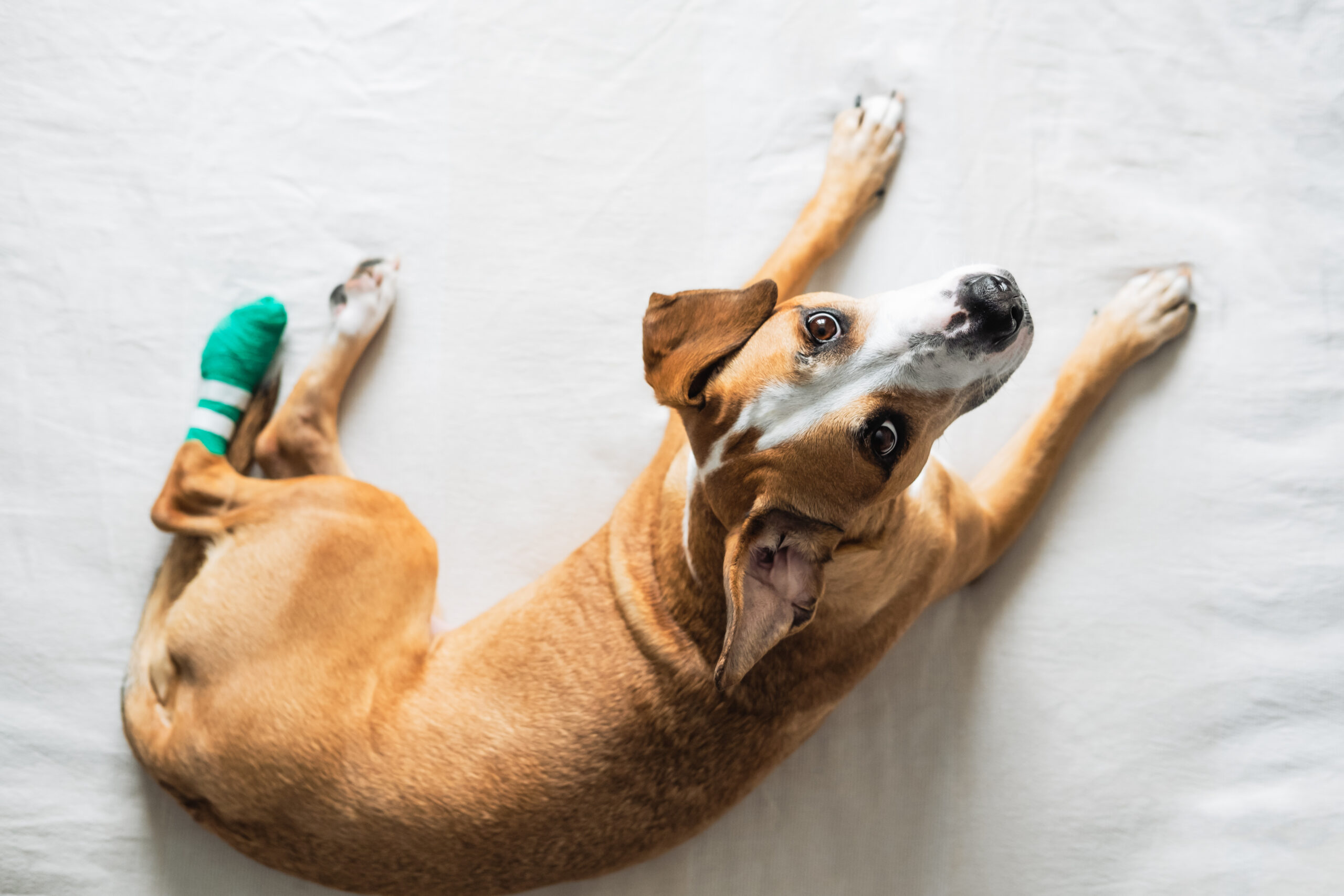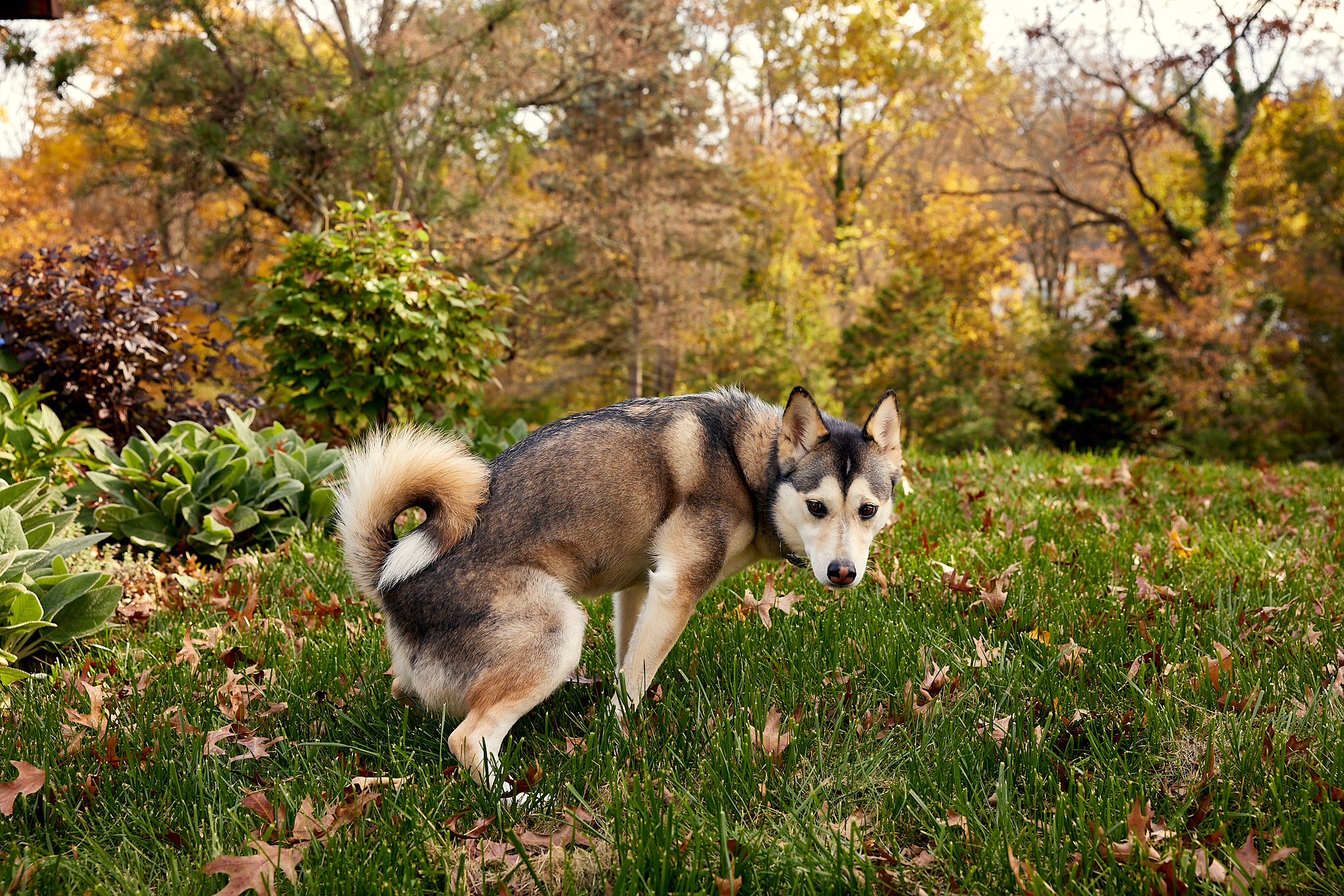Hey Ollie blog readers! We’re offering you an exclusive 60% OFF your starter box! Try now!
Hiccups are uncomfortable for humans — but what about our pup friends? What happens when your dog gets the hiccups? Is it serious? What can you do to help your dog stop the hiccups and how can you prevent them from getting the hiccups in the first place?
What are hiccups?
In both dogs and humans, hiccups are the spasm of the diaphragm, a muscle that sits just below our lungs. The spasm results in the glottis (the space between the vocal cords) opening and closing quickly — what makes the signature sound of the hiccup.
Why do dogs get the hiccups?
- Eating or drinking too fast The action of eating or drinking too fast can cause the diaphragm to spasm which results in —you guessed it —the hiccups. This is one of the most common reasons dogs, especially puppies, get the hiccups. If your dog consistently eats too fast you may wish to try a slow feeder. Slow feeders have shapes in the bottom that the dog’s food fills in and they have to eat around, thus slowing them down and making them “work” for their food a bit. If your pet is still eating to fast you can try feeding in a puzzle toy that dispenses only small amounts of food at a time.
- They have swallowed too much air This can go hand in hand with eating too quickly, but if your dog swallows too much air he or she might start to hiccup. Dogs who are playing vigorously and breathing heavily may also swallow too much air. If this happens, give your pet a break from playing and let them calm down a bit until the hiccups subside.
- They are excited or scared Stress can bring on the hiccups in both puppies and adult dogs. New or exciting situations can cause your dog to hiccup. Look at their body language to see if they are excited or scared. This information will help you to soothe or calm your pet. If your pet is scared, you may want to remove them from the situation or modify it to help them feel more comfortable.
Puppies are more prone to hiccups then adult dogs, this is because of their high energy levels. They may eat or drink more quickly and vigorous play can impact their breathing causing them to hiccup more often then adult dogs. You may also see your puppy hiccup upon waking from a nap. The internet goes crazy for puppy hiccup videos. You’ll find over 491,000 video results when you do a quick Google search!
How do you help your dog get rid of the hiccups?
Your dog’s hiccups should be short-lived, but some of the same “cures” that work for humans might also work for your pup as well:
- According to Dr. Stephanie Liff, You can try adding some sugar or honey to their water to help distract them so their diaphragm can relax.
- You could also try to massage your dog’s chest or gently startling him — just something gentle to help your pet relax. You don’t actually want your pet to be scared, but dropping something or a sharp clap to make them look around might just do the trick.
- Additionally, you can always wait for the hiccups to disappear on their own. Don’t give your dog anything large or solid to chew while they have the hiccups, this can lead to choking.
Are hiccups ever anything to worry about?
Generally speaking, hiccups are not serious or a cause for concern. However, if your dog is getting the hiccups frequently or the hiccups last several hours or are accompanied by wheezing, you want to make sure you consult your vet as it could be a symptom of something more serious.
Gastric issues or respiratory issues can present with hiccups so if you notice your pet’s hiccups are not going away or are accompanied by other symptoms including vomiting, diarrhea or trouble breathing you’ll want to contact your vet right away to figure out what is going on.
The Ollie blog is devoted to helping pet parents lead healthier lives with their pups. If you want to learn more about our fresh, human-grade food, check out MyOllie.com.
Tagged As:

The nutrition your dog needs,
the food they want.

Enjoying our articles? Subscribe our Newsletters and get new articles directly to your inbox
You might also like
9 September 2024
3 MINS READ
How to Choose the Right Dog Daycare
When it comes to finding the best dog daycare, it can be hard to know where to start. Read on for tips on what to look for, ask about, and keep in mind during your search.
by Ollie Pets
26 April 2024
4 MINS READ
How Often Should I Take My Dog To The Vet?
Routine veterinary care is important for your dog’s overall health—but how often should your pup visit the vet? We answer this question and outline common health signs that warrant a veterinary…
by Ollie Pets
28 February 2024
6 MINS READ
Why Do Dogs Eat Poop & How to Stop It
Does your dog partake in poop? We get to the bottom of this unusual behavior, including its medical and behavioral causes, and how to address it.
by Ollie Pets
